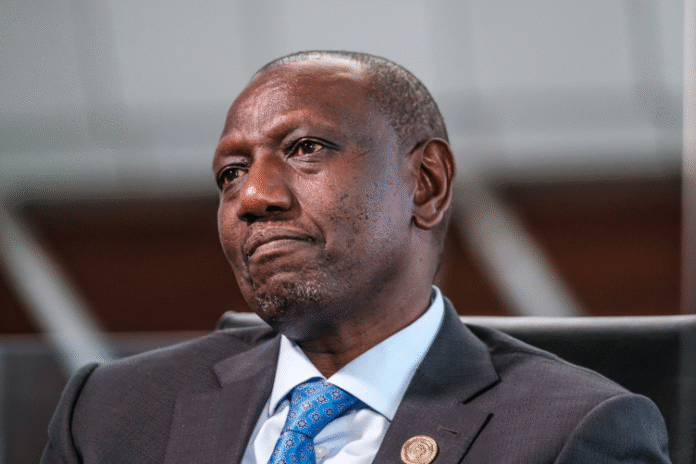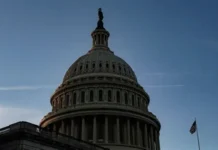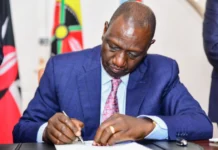A year after widespread protests rocked Kenya over new taxes, the country’s economy remains fragile, and many citizens say they are worse off than before. Despite being a regional economic powerhouse, Kenya continues to struggle with high living costs, mounting public debt, and deepening public frustration.
Christine Naswa, a 40-year-old mother of five and vegetable vendor in Nairobi, is among many Kenyans feeling the pressure. “The economy is very poor right now. There is no money in Kenya,” she said, standing beside a busy road as the scent of ginger mingled with the fumes of passing buses. “I do not manage to even feed my children… Some days I do not get anything.”
Last year’s unrest, sparked by President William Ruto’s controversial finance bill, led to violent protests and public outrage. Although the government rolled back some of the proposed taxes, the economic strain remains palpable. Around 40% of Kenyans still live in poverty, and rising costs continue to outpace stagnant incomes.
Kenya’s economy, supported by agriculture, services, and tourism, faces a difficult path to sustained growth. The nation is heavily indebted to foreign lenders, spending more on interest payments than on health and education. Analysts say this imbalance limits investment and burdens the small formal sector, which employs less than 20% of the workforce.
“This year has been the toughest of all our 36-year history in business,” said a Nairobi shopkeeper, whose store was looted during last year’s protests. He declined to give his name, fearing reprisal. “They just started increasing taxes… but we have seen no benefits.”
President Ruto’s popularity has plummeted since his 2022 election. “There’s a huge amount of distrust and disillusionment with Ruto’s administration,” said Patricia Rodrigues of global consultancy Control Risks. “He came to power promising a better life, but instead increased taxes, which felt like a betrayal.”
The government is now treading carefully with the new budget, set to be debated in parliament on Thursday. Experts warn that further tax hikes could ignite renewed unrest. “We are at the limit of how much tax Kenyans are willing to bear,” said Kwame Owino of the Institute for Economic Affairs.
While international institutions like the IMF argue that increased revenue is necessary to meet the demands of Kenya’s 55 million citizens, many believe the real solution lies in addressing government inefficiency and entrenched corruption.
Still, public confidence is waning. “Kenyans will always elect thieves,” the shopkeeper lamented, expressing skepticism that elections in 2027 will bring meaningful change.
Written By Rodney Mbua



















